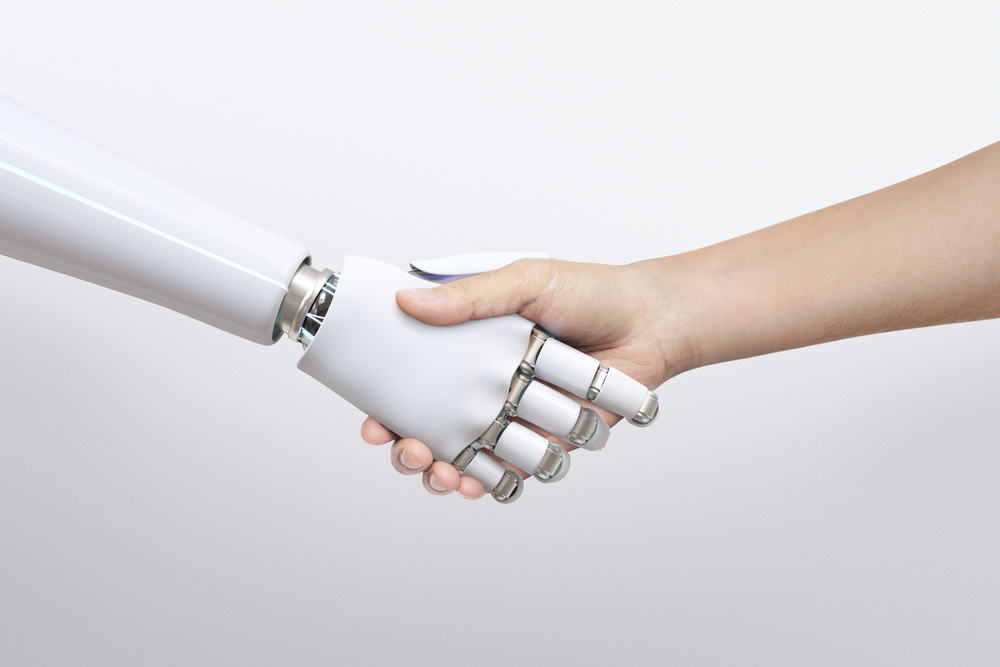AI chatbots have done little to affect wages and employment, according to a new study.
Generative AI tools like ChatGPT, Claude, and Gemini have had little impact on wages or job losses, according to a new study.
Research by economists Anders Humlum and Emilie Vestergaard found no significant changes in earnings or working hours across 11 occupations often considered vulnerable to AI disruption, such as accountants, teachers, and journalists.
Despite rapid adoption of chatbots in workplaces, the promised economic benefits have yet to materialise.
Company investment has boosted chatbot adoption, helping most users save time; however, average time savings remain small, at just 2.8 percent of working hours. New tasks created by AI, such as reviewing chatbot outputs or monitoring student cheating, often cancel out the potential time saved.
Researchers argue that automation tools historically generate new demands for workers, but so far, AI has not significantly altered productivity or earnings.
The tech industry’s enormous spending on AI infrastructure may face greater scrutiny, as companies like Microsoft and Amazon already scale back investments due to slower-than-expected business adoption.
While there are modest gains, Humlum concludes that transformative effects predicted for AI tools have not yet appeared in real-world economic data, and any future impact will require better integration and a shift in workplace processes.
Would you like to learn more about AI, tech and digital diplomacy? If so, ask our Diplo chatbot!
